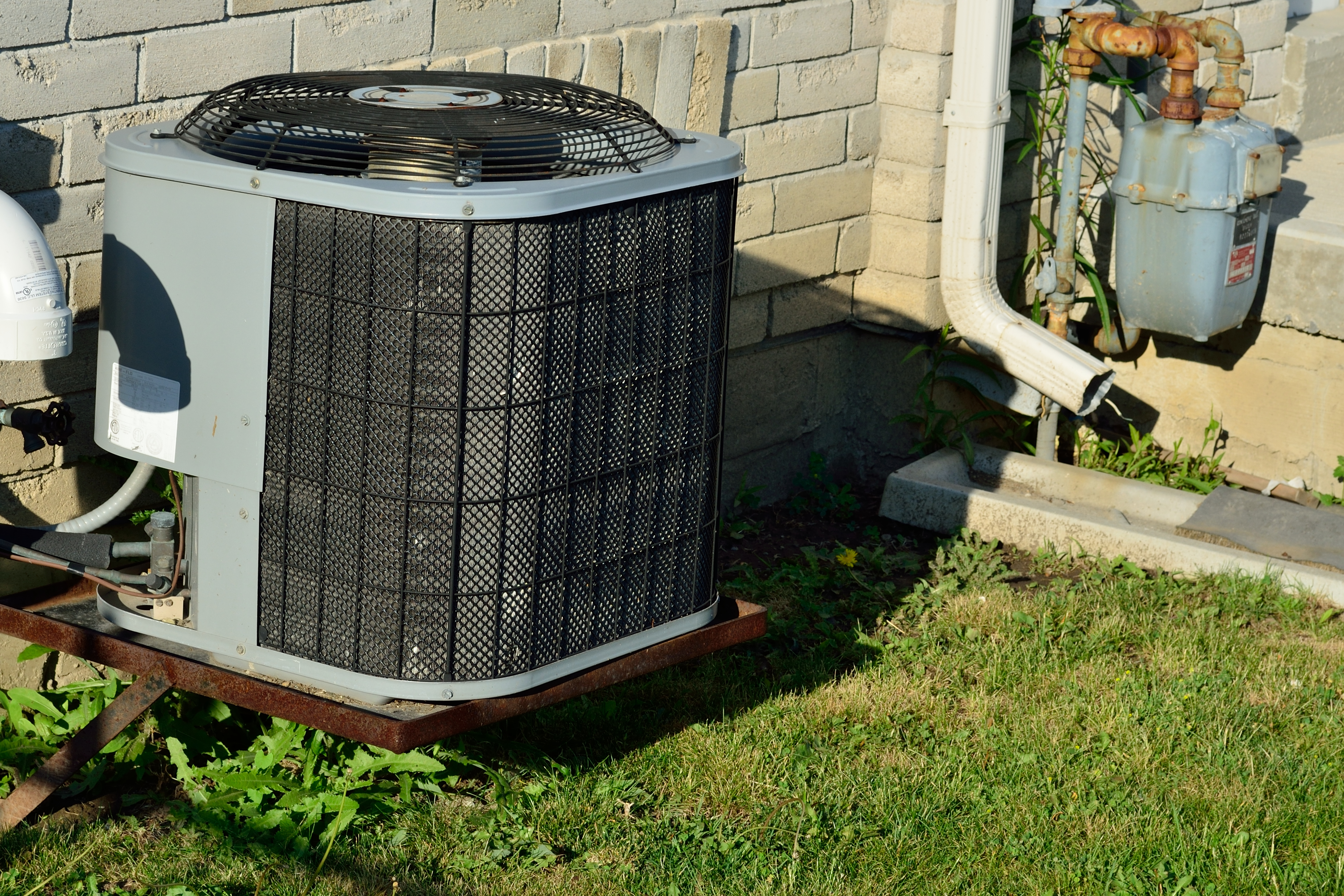Have you recently come to the realization that your home needs air conditioning? Or is it maybe that you're thinking it's time to change up the air conditioning or cooling system that you currently have? That can lead you to wondering what type of air conditioning you should choose for your home.
Air conditioning was once considered something of a luxury for higher-end homes, but these days, it's commonly becoming a standard feature and amenity that more and more can afford. Depending on the climate and where you live, it might even be a necessity. When things get too hot, medications start deteriorating, food can spoil, and pets, kids, the elderly, and those with sensitivities or ailments are all at risk of anything from dehydration to heart issues.

The right air conditioning keeps parts of your home or either your whole home cool and dry, preventing overly warm temperatures and high humidity. That keeps things comfortable and healthy, but while all air conditioning can do this, it still remains necessary for you to choose the specific kind of air conditioning for your home.
According to Daikin air conditioner experts in Gold Coast the most economical option might be the classic window-unit air conditioner. Once mounted properly in a window, it can vent hot air out the back while bringing cool and even cold air back in. These are the smallest options and often the cheapest way to start.
However, they usually only cool one room effectively, and even that room won't really stand to benefit unless the door remains closed so the cold air doesn't leak out. Another potential drawback of window units is that they can be possible points of entry for trespassers and burglars. Also, if they're not properly secured, they might fall out of the window and damage something or hurt someone.
The second option is what is known as portable air conditioners. These also require window access, but it's done through a panel and hose, as the actual unit sits on wheels and can be rolled around as necessary. These are more expensive than window units, and the panel in the window can still be a potential breach point on first-floor windows.
Also, how much square footage they will cool will depend on their power. They can usually cool a full room, and higher-end models might have a cooling effect on a small apartment. However, cooling an entire house using these would likely take multiple models.
The third option is a central air conditioning system that is powered by a completely external compressor sitting behind your home that sends cool and dry air through a ductwork system throughout your home. These cost the most, especially if there isn't ductwork already installed.
Having that ductwork means you can also run your heating system through the same ducts and vents for efficient heating and cooling combined together. You can also typically have both systems routed into the same thermostat for easy controls. Setting things up like this pays off effectively over time, considering how much of your home can be cooled and with better energy-efficiency than window or portable units.


